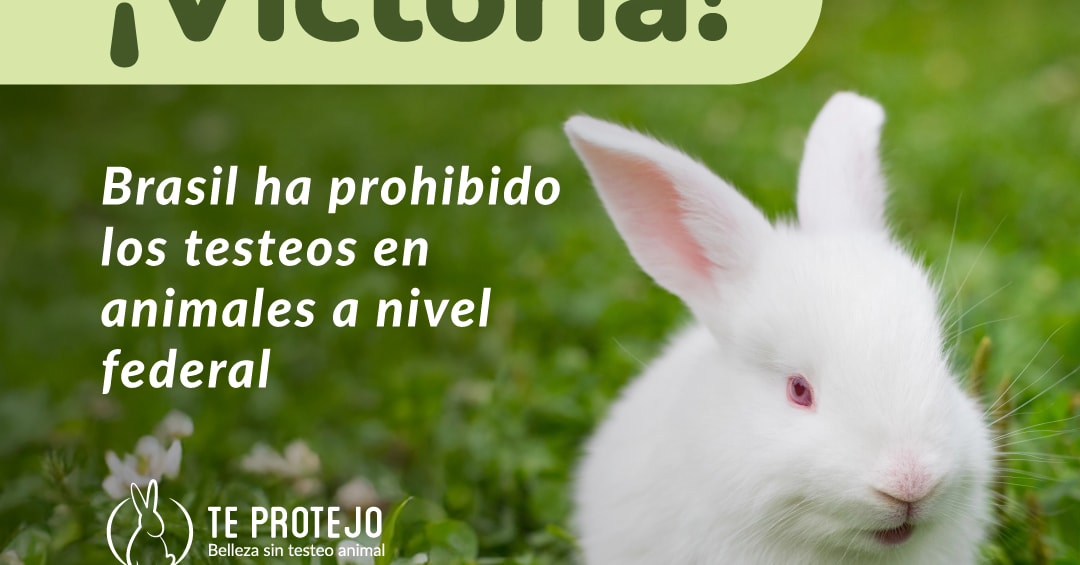Brampton has become the first city in Ontario to endorse the Plant Based Treaty and make “a plant based approach as a part of the city’s climate plan.” The move means they join 33 towns and cities worldwide, including Rainbow Lake in Alberta, Los Angeles, Amsterdam and Edinburgh, in calling for a global Plant Based Treaty to be added to the Paris Agreement.
The Plant Based Treaty motion commits Brampton to developing an ambitious plant-based food strategy, including:
- Environmentally friendly plant-based food and drink options will be featured at city council meetings and civic events, alongside displayed information about the climate and health benefits and relative cost of different protein/food sources and informing people about how to achieve a balanced plant-based diet.
- Events in Brampton’s open spaces will be required to include plant-based catering options, (i.e., minimum from at fifty per cent of caterers);
- Evaluate the potential for increasing plant-based food options and introducing plant-based defaults in City of Brampton facilities and during regional events, with the aim of increasing healthy eating options for staff and visitors
- The city will promote a plant-based awareness week and use municipal communication channels to educate residents about sustainable food practices; and
- An action plan will be developed to implement changes following the treaty endorsement, with progress to be reported in 6 months.
In a video statement on November 13, Mayor Patrick Brown said, “Thanks to Councillor Brar and Councillor Toor, who put forward this motion, we’re excited to pass the Plant Based Treaty here in the City of Brampton.”
Regional Councillor Navjit Kaur Brar said, “We have to acknowledge the importance of diverse food options to meet the dietary needs of Brampton’s residents, looking at not only personal preferences for plant-based foods and locally sourced foods, but also food sensitivities as well. Considering plant-based, locally sourced and sustainable food procurement options for city events, city facilities should be a key part of our city’s climate action plan.”
In a video statement, Councillor Gurpartap Singh Toor, the chair of economic development who also sits on the environment committee, said, “Today, the city of Brampton officially endorsed the Plant Based Treaty. I think it is amazing to take a step in the right direction, especially when we talk about sustainability and we talk about climate action. This is one of those things that is very necessary and brings alot of public awareness.”
“Brampton’s call for a global Plant Based Treaty sets an example for the rest of Canada on how to fight climate change with menu change. Regional Councillors Brar and Toor’s motion set a high bar with their six part action plan which includes a veg week during Earth month, plant-based options at council meetings and veg defaults catering options at Brampton facilities and regional events,” says Anita Krajnc, Plant Based Treaty global campaign coordinator.
Background
The Plant Based Treaty is modeled on the Fossil Fuel Non-Proliferation Treaty and since its launch in August 2021, the initiative has received support from 34 cities, almost a quarter million individual endorsers, 5 Nobel laureates, IPCC scientists, and more than 3000 groups and businesses, including Plant Based Canada, 350 Toronto, and chapters of Greenpeace and Friends of the Earth.
The Plant Based Treaty has secured high-profile endorsements from celebrities, including Bif Naked, and Paul, Mary and Stella McCartney, who issued a written statement calling for politicians to support the Plant-Based Treaty. They said: “We believe in justice for animals, the environment and people. That’s why we support the Plant Based Treaty and urge individuals and governments to sign it.”



